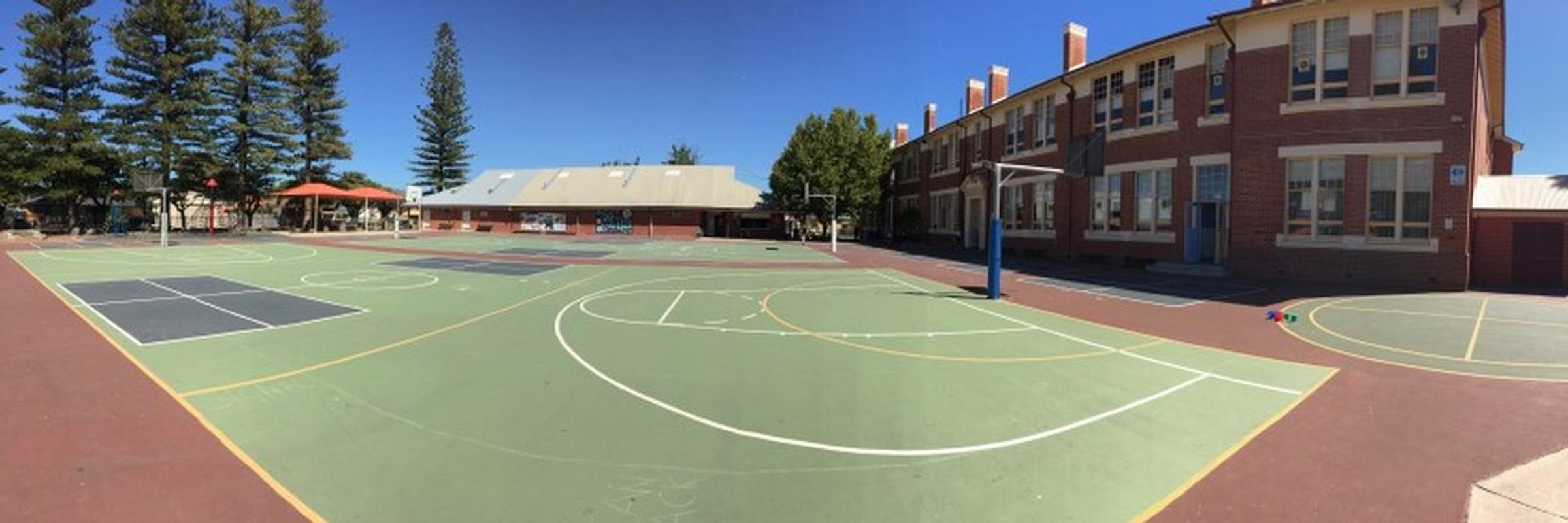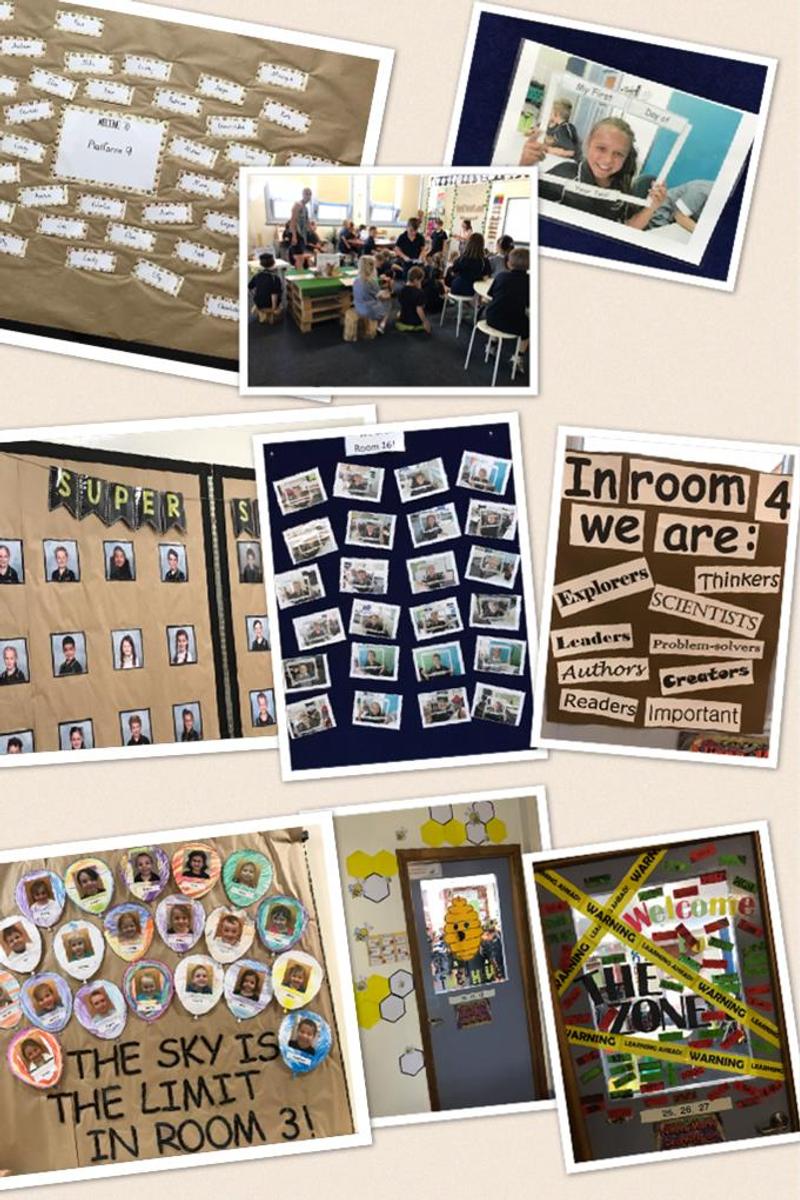School News

Counsellor Corner
Top ways to help your child settle back in to school
Manage your own anxiety
If your child fells anxious about going back to school it’s natural for you to feel concerned about them. Avoid sharing your worries with them by asking questions like “Was it ok at school today?”, “Did you make any friends?”, “Do you like your new teacher?” Instead you could tell them about your day and then ask them about theirs, or ask them if there is something special at school that they enjoy doing.
Listen
Validate their feelings by telling them you understand how they feel. Don’t try to solve the problem but understand that it is natural to feel a bit worried sometimes but it will go away. A child who has had their feelings validated is more likely to remain calm, be ready to listen and work with you to finds ways to adjust to the new situation.
Get up earlier
Routines take longer when you first start them. Try to do the same thing each morning so nothing is a surprise. Children, who experience anxiety, benefit from knowing what is coming next and arriving at school on time. Be realistic. Children are often tired, grumpy and more emotional in the first few weeks.
Student Support Services
Children and young people who need extra help are often referred to the Student Support Services team by their teacher.
Student Support Services include social workers, behaviour support coaches, psychologists, special educators, speech pathologists and provide support to children and teachers in state schools and preschools.
If your child’s teacher feels that your child or their class as a whole is having difficulties they may engage with the Student Support Services team regarding these difficulties. Your teacher will discuss this with you and obtain you consent before making a formal request for support is made for your child.
For more information, speak with your preschool or school or visit www.decd.sa.gov.au
Volunteer Training
Reporting to Abuse & Neglect
All of the department's ongoing volunteers must receive the Reporting to Abuse and Neglect - Education and Care (RAN-EC) induction session for volunteers. This includes people on a governing council.
The session explains what you are expected to do if you have concerns about the safety or wellbeing of children and young people. It helps you understand appropriate ways of relating with children and young people.
The DECD site leader chooses and arranges the best option for the volunteer. The online option might be good for volunteers who:
- have good English and computer skills
- already know about child protection issues (eg, medical staff, Department for Child Protection staff and volunteers, police officers)
- have a job or other commitments that make it hard to come to a site-based session.
Next Face to Face Training: Monday 6th March 6pm - 6:45pm
Online session
The RAN-EC online induction session for volunteers takes about 90 minutes and includes an assessment. Help with the online training is available on the RAN-EC online technical support page.
This online session is not site- specific, so site leaders will make sure that volunteers who do this online are given the name of their nominated site leader as well as any site-specific child protection information.
Please speak to Mike Tate when the training has been completed and provide a copy of the certificate to the front office for admin purposes.
https://rantrainingvolunteers.e3learning.com.au/
Teaching & Learning
at Largs Bay
Throughout the year, Largs Bay School staff will have a fortnightly focus on various teaching practises to improve teaching and learning. Over the past few weeks staff have focused on
Developing democratic relationships.
&
Building a community of learners.
Classrooms have established themes or an identity that students can relate to.


